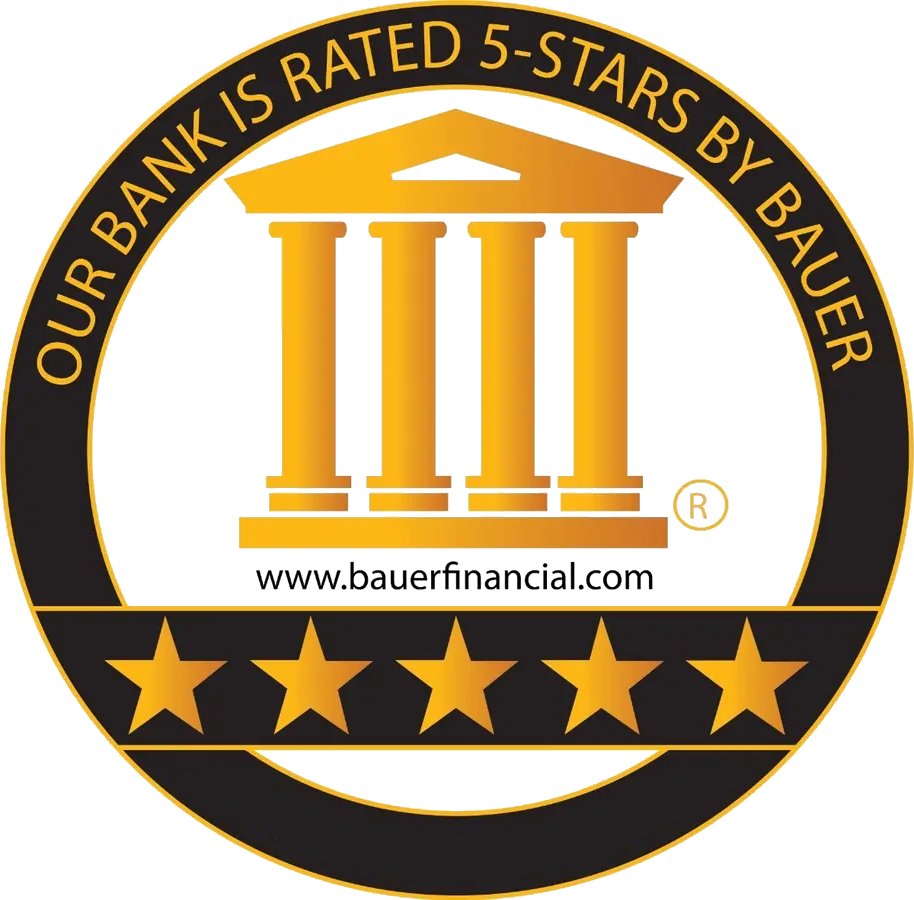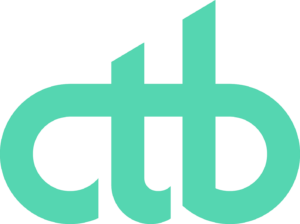Why your money is safe with us.
As one of the country’s largest Black owned banks, Citizens Trust Bank is FDIC insured. We’re a full-service bank, currently serving customers in 49 states. We’re also well-capitalized by regulatory standards, with a focus on closing the racial wealth gap by serving everyday customers and our community. Your hard-earned money and deposits are safe with us.


Superior Star Rating
Bank star ratings are based on 12/31/2024 financial data.
Money Safety During the Federal Shutdown: Your Questions Answered
No. Citizens Trust Bank remains fully operational. Our services, branches, and digital platforms are open and functioning as usual.
Yes. Your deposits are FDIC-insured, which means they are protected and available. In the FDIC’s 90+ year history, no depositor has ever lost a penny of insured funds.
You can:
- Call us at678.406.4000 – Monday through Friday 8:30 a.m. -6:00 p.m., and Saturday 9:00 a.m. – 2:00 p.m., ET
- Visit your local branch
- Use our secure online portal at contactus@ctbatl.com
Please contact us immediately. We’ll review your account and explore available relief options.
We aim to prevent negative credit impacts for customers affected by the
2025 US Government shutdown – effective October 1, 2025. Contact us early so we can work with you proactively.
MORE HELPFUL INFORMATION
Our 5-star Superior Rating and what it means
BauerFinancial is completely independent. It does not get paid (nor has it ever) to rate any institution, nor can any institution avoid its rating. Bauer does sell products to institutions and encourages them to share news of their 5-Star or 4-Star rating, but they must earn it first.
Bauer uses the same strict barometer to rate all banks and all credit unions and makes those ratings available to all people—for free—on its web site.
Since 1983, this practice, along with an excellent track record, has earned the respect of regulators, bankers and consumers across the country. We have been analyzing and reporting on the industry since 1983. Nobody knows this business better, nor is better respected.
- 5 STARS – Superior Rating
(These institutions are recommended by Bauer Financial) - 4 STARS – Excellent Rating
(These institutions are recommended by Bauer Financial) - 3.5 STARS – Good
- 3 STARS – Adequate
- 2 STARS – Problematic
- 1 STAR – Troubled
Each institution files a quarterly Call Report with government regulators. Bauer performs its own, independent analysis on the data supplied and supplements that with historical and other data to assign comprehensive star ratings.
Consumers (and businesses) that exceed the deposit insurance limit could lose some of their money in a bank failure; it is surprisingly easy to go over the insurance limit without realizing it due to:
- interest payments;
- proceeds from the sale of a house;
- retirement accounts;
- death of a signer on the account;
- conditional clauses in trust documents;
- brokered deposits;
- and more.
Additionally, an acquiring institution is not obligated to keep paying CD rates at the rate contracted with the defunct institution. Interest rates are subject (likely) to drop, especially if they are above the market averages.
Businesses have another concern; if their bank fails they can lose their “line of credit” (source of funding) until they are able to find another lender.
Regardless of insurance limitations, individuals and businesses could be subject to disruptions in direct deposits if a bank is closed with no acquirer. The same goes for any bills that you have automatically set up to pay from your checking account.
MORE HELPFUL INFORMATION
Checking accounts, savings accounts, money market deposit accounts, certificates of deposit (CDs), and bank-issued cashier’s checks. You are insured for up to $250,000 when adding up your accounts at one bank. If you have a joint account, you each get $250,000 in coverage, for a potential total of $500,000 in a single joint account. You are also separately insured up to $250,000 at each bank you use. You can calculate your FDIC insurance using a tool on the FDIC’s website called EDIE by clicking HERE.
Check the FDIC’s BankFind website by clicking HERE which permits you to search by bank name, such as Citizens Trust Bank, or by website, such as www.ctbconnect.com.
SVB and Signature Bank were unusual banks. SVB had an average deposit balance in each account of over $4 million and only 12% of their deposits were FDIC insured. SVB catered to technology start-up businesses and venture capital companies, or VCs. When large depositors lost confidence in the bank and suddenly withdrew their deposits ($42 billion in one day), it created a “bank run.” At some point, the bank ran out of cash needed to continue paying out withdrawals. At that point, SVB failed. Signature Bank, on the other hand, catered to the cryptocurrency industry, which is also risky. Citing systemic risks by their regulators, they were also closed.
Citizens Trust Bank has an entirely different business model than SVB or Signature Bank. Citizens Trust Bank serves minority communities with a focus on consumers and businesses-unlike SVB, which served high tech start-ups, or Signature Bank, which served the crypto industry. Citizens Trust Bank is diversified in terms of our funding, unlike SVB and Signature Bank, which had substantial deposits concentrated in large venture capital entities and crypto deposits. Citizens Trust Bank does not have a lot of uninsured deposits or any exposure to crypto or deposits from the venture capital industry-unlike SVB and Signature Bank. Citizens Trust Bank focuses on well collateralized loans and is not exposed to more risky loans or investments. Citizens Trust Bank is well capitalized, secure, and has substantial liquidity.

